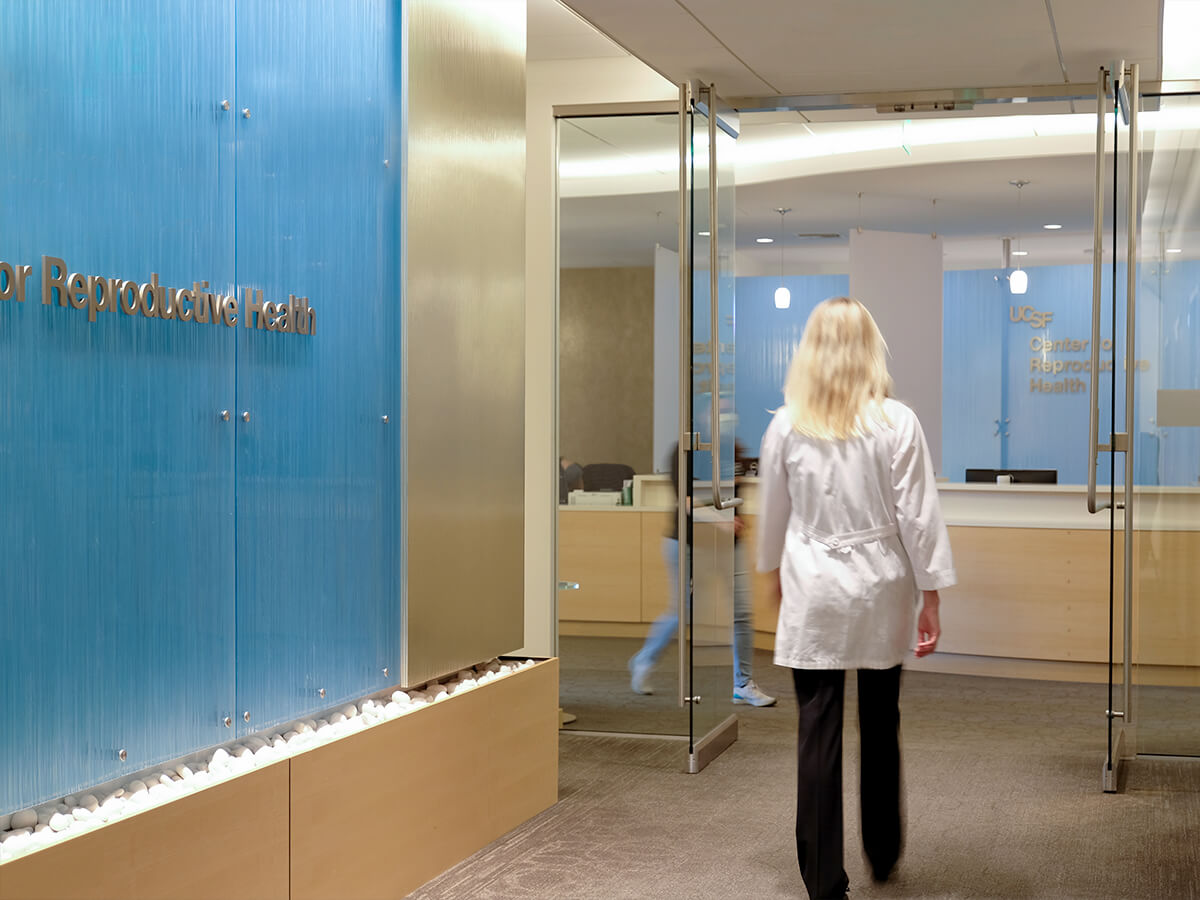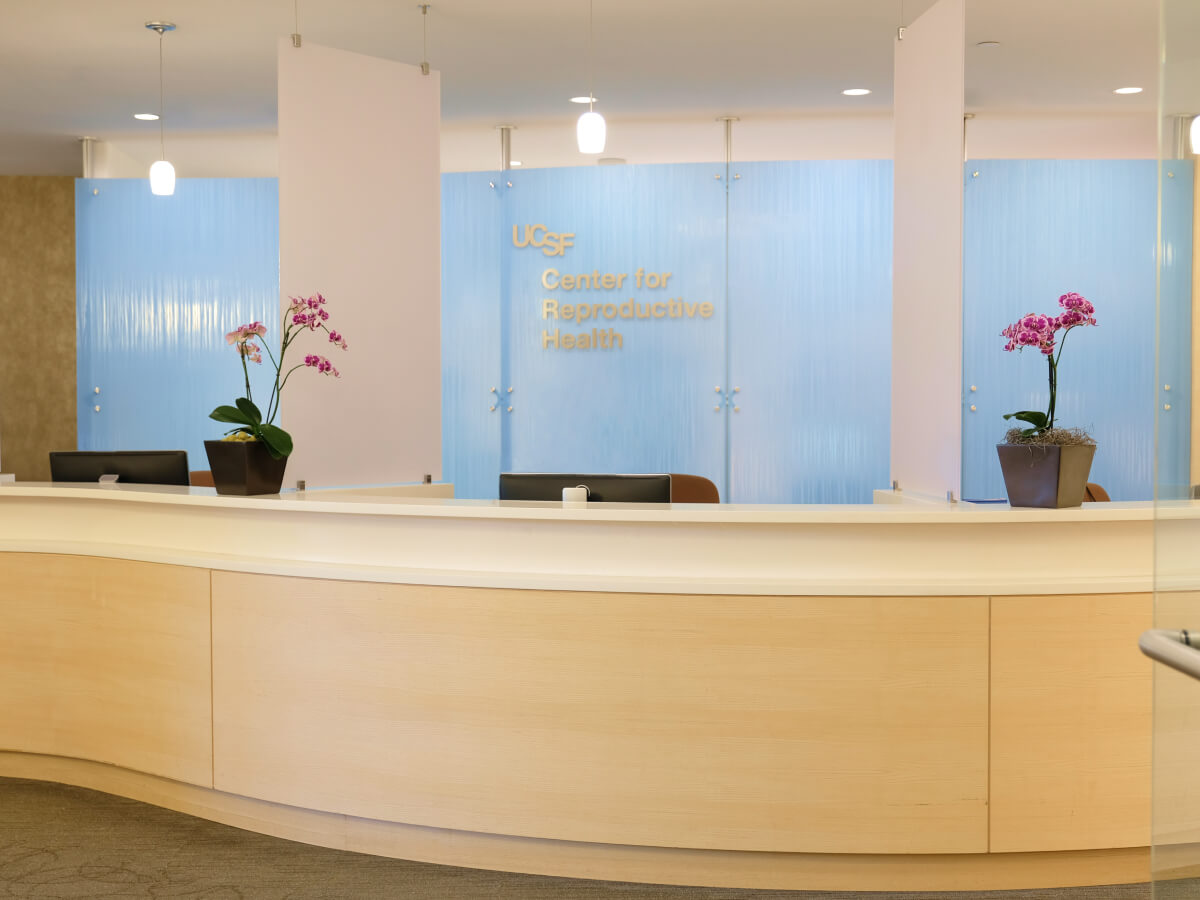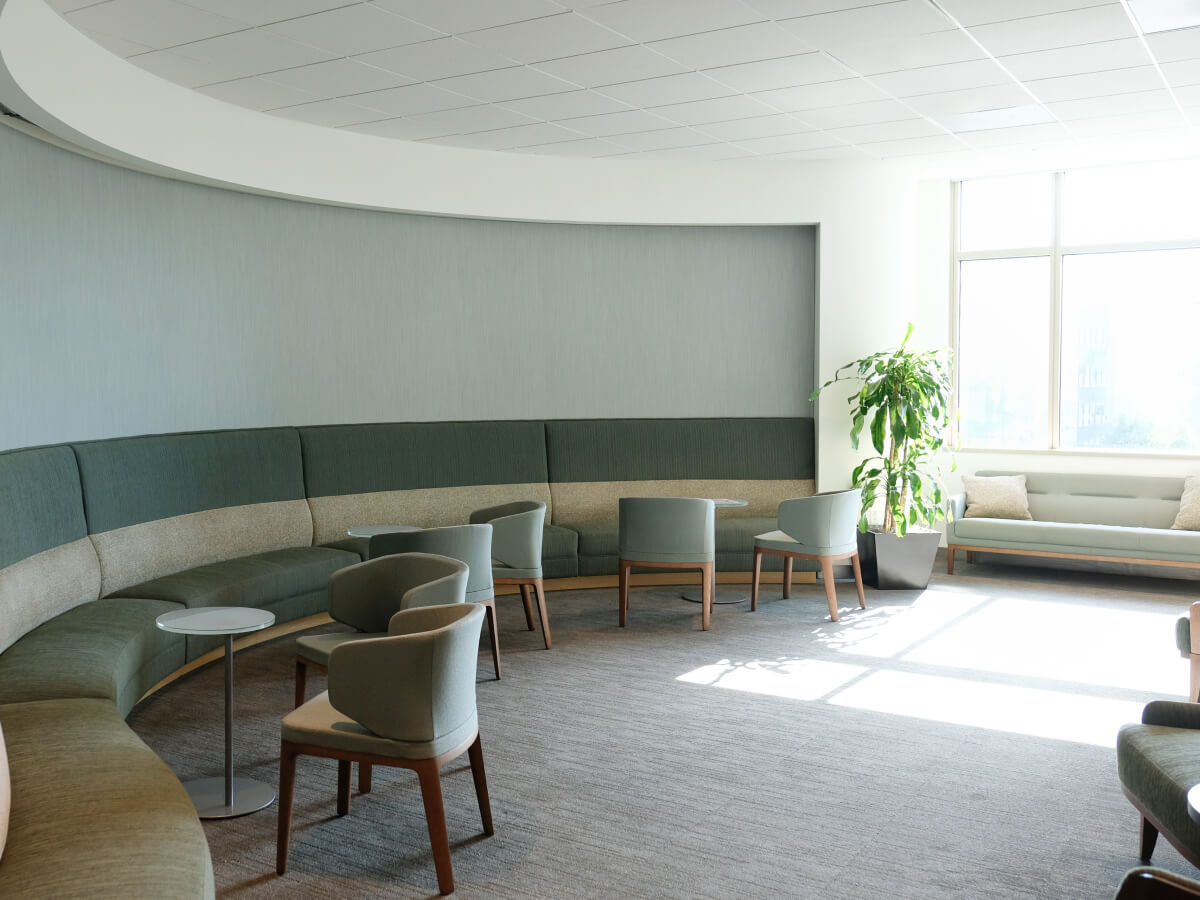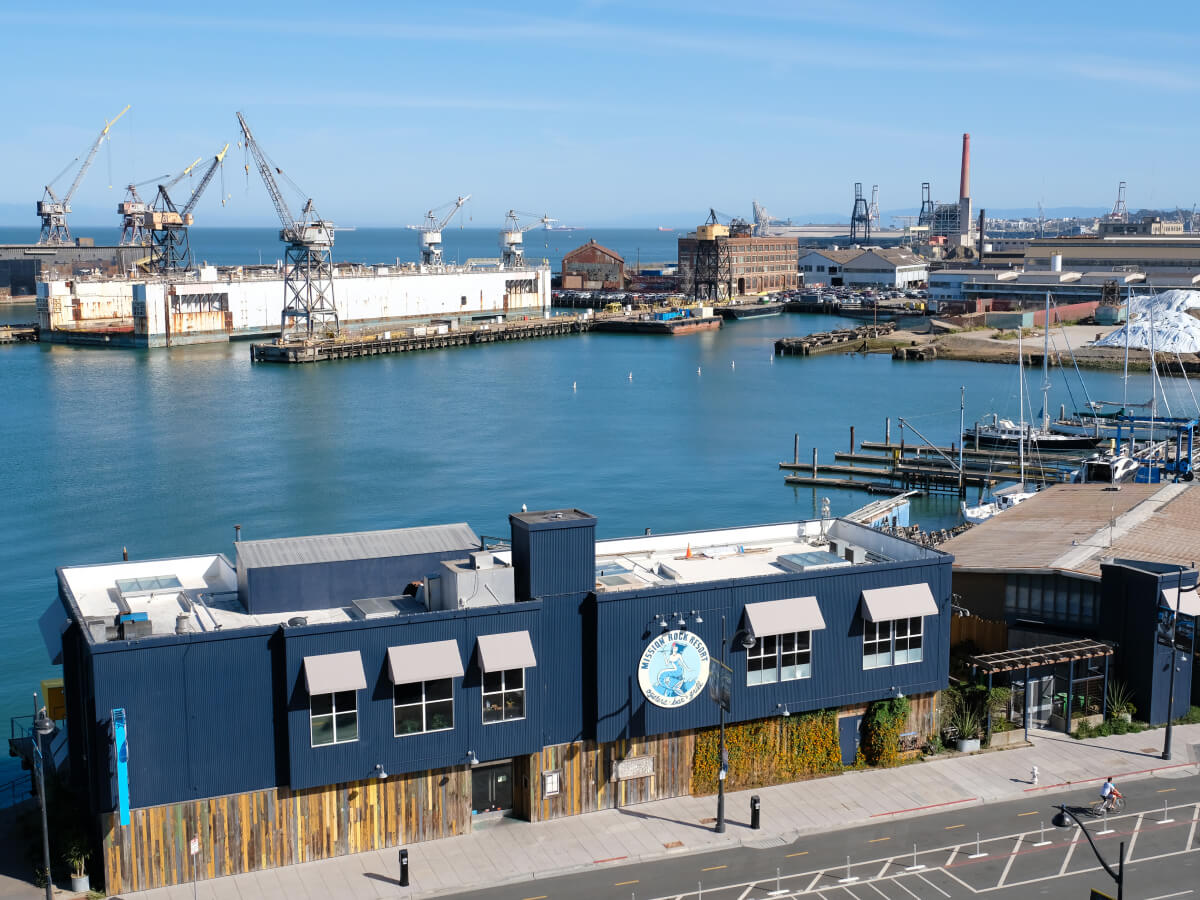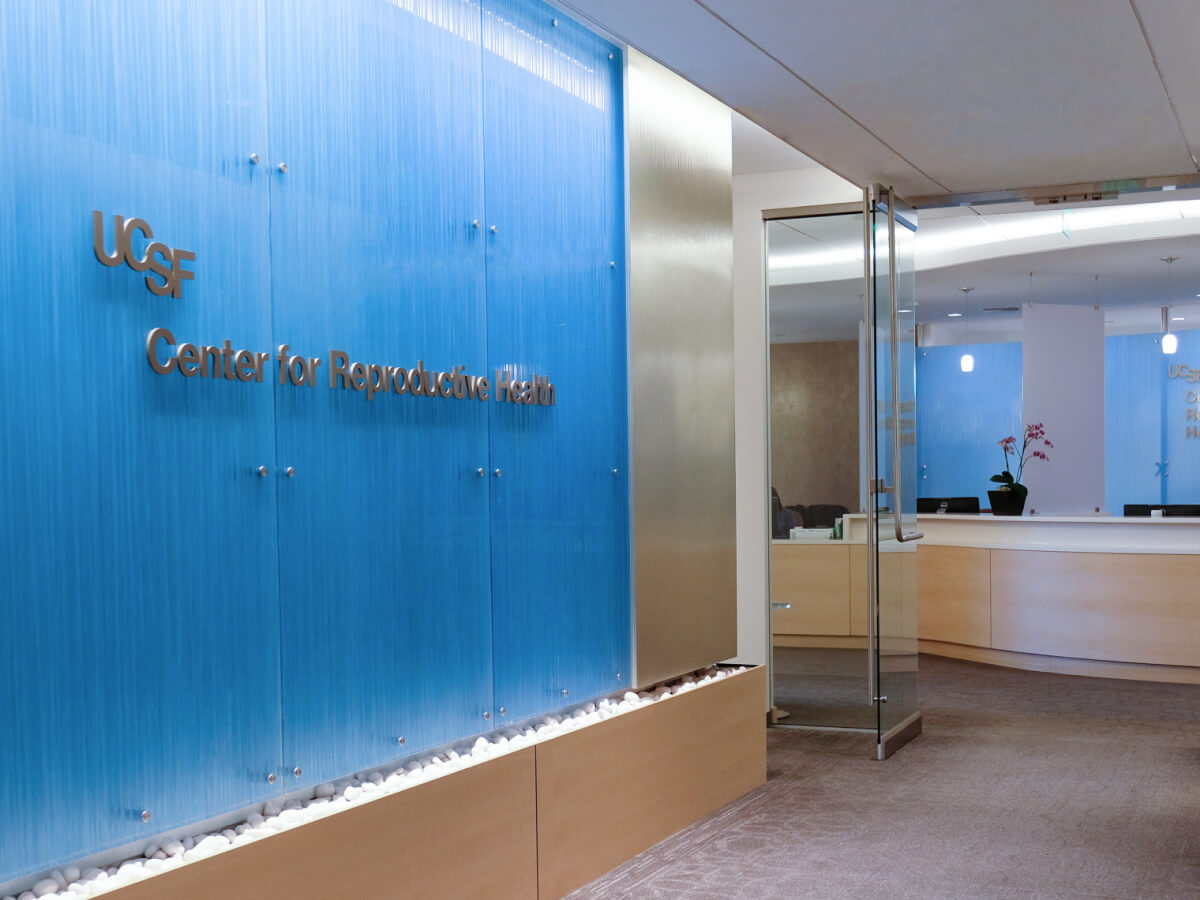Visit us in San Francisco
Academic standards. Pioneering research. Personalized care. Start your journey at the UCSF Center for Reproductive Health, located in Northern California's San Francisco Bay Area.
We are currently booking new patient appointments. Please fill out our form to get started.
In the last decade, the number of women undergoing egg freezing for fertility preservation has grown exponentially.

According to the Society for Assisted Reproductive Technology, almost 14,000 women in the United States chose to freeze their eggs in 2018 (the most recent year for which they have collected data).
At the CRH, we have been at the forefront of pioneering and perfecting this technology. We have extensive experience in egg freezing, and in what comes after – the decision down the road to use your frozen eggs.
If you are considering freezing your eggs, or simply want to find out more about your own fertility potential, we are here for you. Please contact us to schedule a consultation.
At CRH, we see patients of all ages and social circumstances to discuss egg freezing. Because of the changes in egg quality and quantity [can we link here to definitions for these terms] that occur as women get older, egg freezing may be less successful for women in their early 40s. However, at the CRH we regularly see women in this age group to discuss the pros and cons of egg freezing, as well as other options for fertility preservation and future conception.
Ovarian Stimulation
The ovarian stimulation phase generally begins with the onset of menses (although there are certain protocols in which this is not the case). The simulation involves taking 2-3 injections per day of medications known as follicle stimulating hormone (FSH) and luteinizing hormone (LH). These medications cause the ovarian follicles (fluid filled structures containing one egg each) to grow and mature. The ovarian stimulation lasts an average of 9-12 days, during which time you come to clinic for 5-6 ultrasounds and blood tests to monitor the progress of follicular growth. The last step in the stimulation phase is known as the trigger, which gets the eggs inside the follicles ready for retrieval. The next step, the egg retrieval, typically occurs 36 hours after the trigger.
Egg Retrieval
The egg retrieval is a minimally invasive procedure done at CRH clinic. The procedure is done using IV sedation administered by anesthesiologist, so you are asleep but breathing on your own. An REI physician performs the procedure, which involves using a transvaginal ultrasound to guide a thin needle into each follicle to retrieve the egg inside. The procedure takes about 30 minutes, and you should be on your way home about 1-2 hours afterwards. Please plan to take the rest of the day off as you may be quite sleepy from the anesthesia.
Freezing your eggs can give you more reproductive freedom and increase the chances that you will be able to build your family in the future. However, the idea that egg freezing is an “insurance policy” is a misconception – it is not a guarantee that all women who freeze eggs will ultimately be able to use them for a successful pregnancy. Furthermore, the number of women returning to use their frozen eggs is still relatively low – only about 10-15% nationwide – and therefore outcomes data are still lacking, particularly for women who freeze eggs over the age of 38.
At your initial consult, your physician will help you better understand what these numbers mean for you specifically.
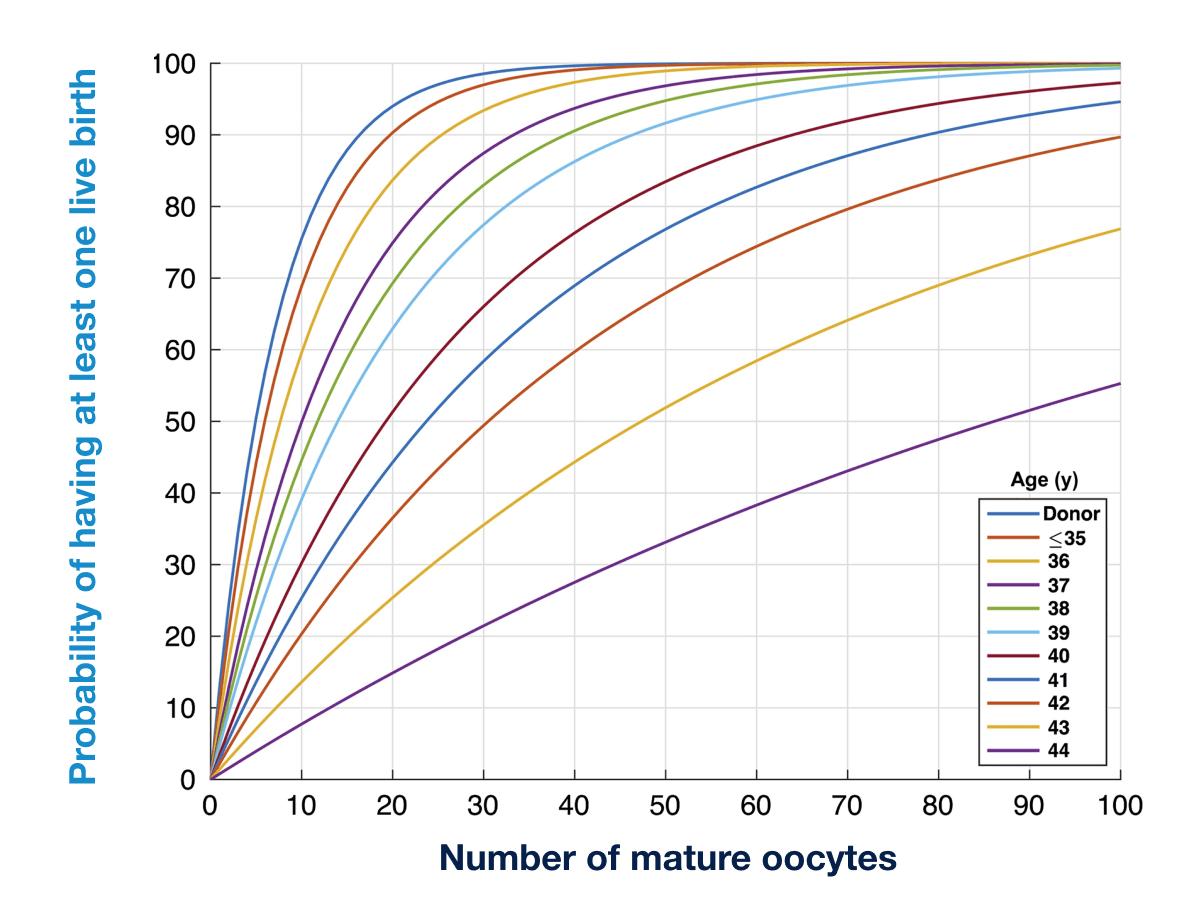
BWH Egg Freezing Counseling Tool (EFCT)
Please note: These are estimates taken from outcomes of patients with infertility, NOT specifically on patients coming back to use previously frozen eggs – therefore they likely represent an overestimate of the number of eggs actually needed.
This is a highly individualized decision taking into account your age, ovarian reserve testing, social circumstances and family-building goals. Your doctor will give you all of the information necessary to assist you in making the right decision for you. Additionally, the CRH has reproductive psychologists who are available to you for a consultation if you feel it would be helpful.
Academic standards. Pioneering research. Personalized care. Start your journey at the UCSF Center for Reproductive Health, located in Northern California's San Francisco Bay Area.
Academic standards. Pioneering research. Personalized care. Start your journey at the UCSF Center for Reproductive Health, located in Northern California's San Francisco Bay Area.
